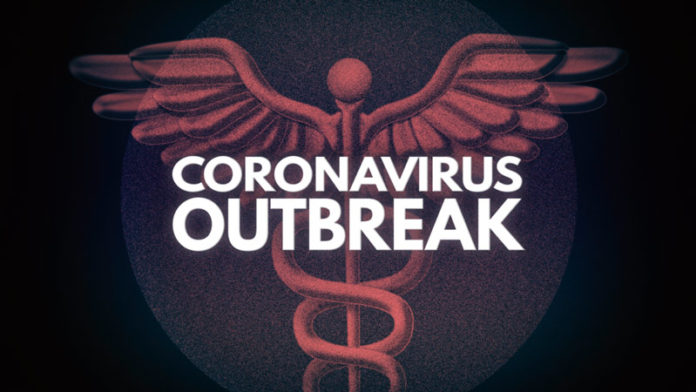By Manal J. Aboelata
In the middle of a once-in-a-century health crisis and as COVID-19 cases rise sharply across the U.S., public health leaders are under attack.
As COVID-19 ravages communities and a coordinated response is desperately needed, dozens of state and local health officials have been harassed, threatened with violence and death. And they have been pressured to rescind or modify public health regulations on the basis of politics, rather than science. Some have been fired. Others have resigned under duress.
Efforts to silence health officials must stop. Partisan politicization of public health threatens our response to COVID-19, our ability to recover from the pandemic and our efforts to create a healthier and more racially just society.
The reality is that public health has many uncomfortable things to tell us: that powerful industries and interests often profit at the expense of public health; that pervasive inequities are written into our policies and practices, and that, rather than being a great leveler of human experience, COVID-19 exacerbates existing inequities by race, place and socioeconomic status.
Any response that does not take these realities into account will only perpetuate these injustices.
The politicization of the COVID-19 response often positions public health measures in opposition to economic security. We need to reject this false choice: “Reopening the economy” in a way that puts people’s lives at risk is not the only way to address the financial hardships that are being faced by millions of people, many of them people of color and people trying to survive on low or no incomes. For example, the federal government could act today to extend financial assistance for families, workers, small businesses and state and local governments.
These attacks on public health officials—which don’t represent the opinion of most Americans—are actually the latest foray in a long campaign to sideline and defund public health agencies. Many local public health departments were already stretched to the breaking point before the pandemic hit.
Federal funding for public health is a frequent pawn in Congressional budget negotiations, and public health agencies at all levels that have been underfunded for years now face further cuts as COVID-19 drains public coffers.
These are cuts we cannot afford, and we will pay the price for these cuts in preventable suffering and death—due to COVID-19 as well as preventable illnesses and injuries like asthma, type-II diabetes and heart disease. These burdens fall most heavily on Black and Brown communities that are exposed to preventable public health threats like air pollution, displacement and neglect. These same communities are denied the resources and investments that support health, safety and wellbeing—all of which contribute to higher risk of death and serious illness from COVID-19.
Instead of sitting on the sidelines while public health leaders with decades of expertise are harassed and maligned, we need to support them in keeping our communities safe.
If we let the current campaign of harassment go unchecked, it will translate into less support for public health funding and worse health outcomes for all. And it will prevent public health leaders from taking the bold steps we need right now to address health inequities, such as taking on racial injustice as the public health emergency that it is.
Manal J. Aboelata is the deputy executive director of the California-based nonprofit Prevention Institute. She wrote this column for calmatters.org.










